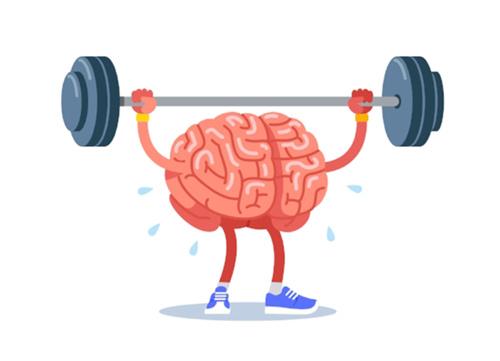You are here
We’re living a computer programming renaissance
By Jean-Claude Elias - Jul 18,2014 - Last updated at Jul 18,2014
Forget about Sudoku, crosswords, puzzles or Rubik’s cube. Computer programming is still the ultimate mind game.
Writing computer programmes, or at least knowing how to, matters a lot. Today more than ever, this is true whoever you may be and whatever your field of activity or age.
There are essentially two types of computer programmers, those who do it for a living and those who do it just because they enjoy the great mind game it represents. The first type has always been in demand, from day one of the computer era until now.
The second type thrived from 1970 until circa 1995 when it started to fade out slowly. After this period programming became chiefly the privilege of giant organisations and hobbyist programmers almost gave up the game. For indeed, on one hand only large corporation could make programming feasible, financially speaking, and on the other hand, virtually all kind of programmes had been written and became easily available on the market as ready-made off-the-shelf products. Why then would a “home” programmer make the effort to learn the trade and to practise it?
Over the last five or six years there has been a sort of programming renaissance, driven by two main trends. The first is the incredible profusion of small apps for mobile devices and the second — perhaps even more significantly — the educational, the intellectual importance of the mind game.
Writing small apps for mobile devices does not necessarily require the huge manpower resources of large companies. If you can come up with a simple but good idea, you can easily convert it to an app that you can sell online for users to download on their tablet or smartphone. One (preferably smart) person alone can do it at home.
There are now some 800,000 apps for Apple’s iOS and about as many for the Android world. This is an incredible motivation for all those who would like to write an app and who want to find a good reason to do it, with perhaps a good reward in the end.
However, programming for the others, whether for a fee or not, is only half of the story. Programming for your own pleasure and benefit is just as valid a reason. It is the recognised importance of the technique and what it can do to your mind that matters too, just like mathematics, science, literature, history or any other traditional school topic.
The educational system in France will introduce computer programming for all at schools next year (source lefigaro.fr). A survey shows that 57 per cent of the parents approve the bold move.
Even if not all students, understandably, will be programmers once they graduate, learning the technique will do them good. Learning to write code, the core of the art of programming, will nourish the brain with a few elements that have become essential today: logic, organisation, precision and methodology. The very notion of algorithm is said to boost one’s intellectual performance significantly.
It is a well-known fact that learning to play the piano enhances coordination of movement, the ability to focus and the ability to multitask, in short to make better use of one’s brain. Many are those who study the instrument and who don’t become full-time performers or who even give up playing it for good after a few years. However, what their minds gain from the learning experience is invaluable and lasts for a lifetime. Writing computer programme code is similar.
There’s more to benefit from in learning the art and the technique. For indeed programming is an art and a technique at the same time.
In today’s world where everything is networked, connected and computerised one way or another, learning computer programming and coding at school, along other traditional subjects, will make future generations better prepared and more adapted to living with high-tech tools and products to come. Understanding how the core logic works at a tender age, at school, will make dealing with the technology of the future easier, regardless of to which extent one’s mind is scientific in the first place.
We often hear people say, “I’m not technically minded and I don’t have to deal with this device or that tool.” By learning how it works at school everyone will be better mentally equipped to deal with technology in the future.
There are non-negligible additional benefits too. Brain diseases like Alzheimer could be fought and prevented by making patients write programming code, since it keeps the brain very much active, dynamic and alive.
Related Articles
By Dina HalasehEducational Psychologist We talk about keeping our body healthy but what about our brain?
AMMAN — Her Majesty Queen Rania visited Al Jandaweel Secondary School for Girls on Sunday, where she learned about Road2Code, a digital skil
Mental engagement through problem-solving games like crossword puzzles, sudoku and brain teasers may not offset cognitive losses due to age-
















